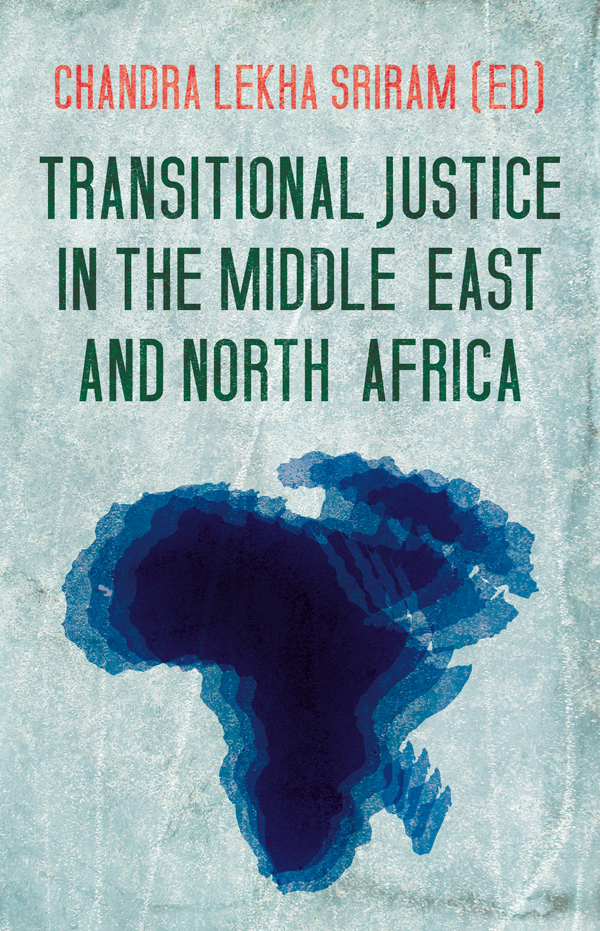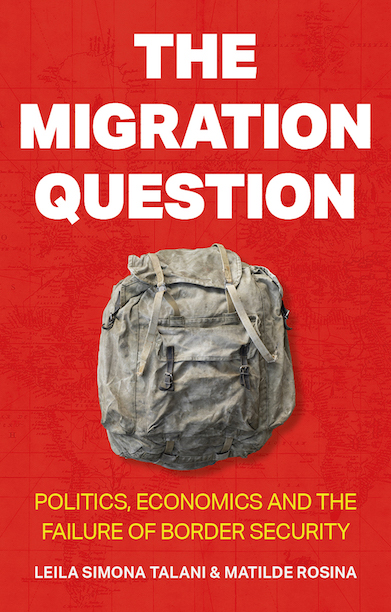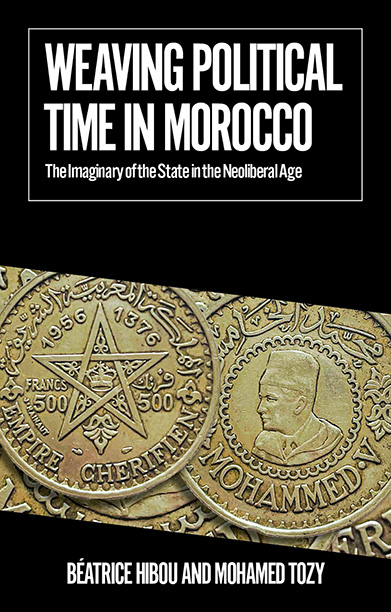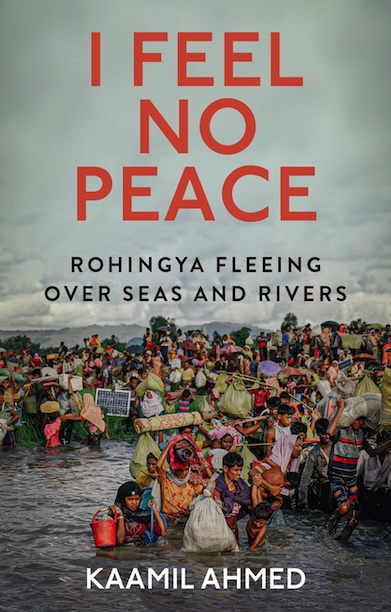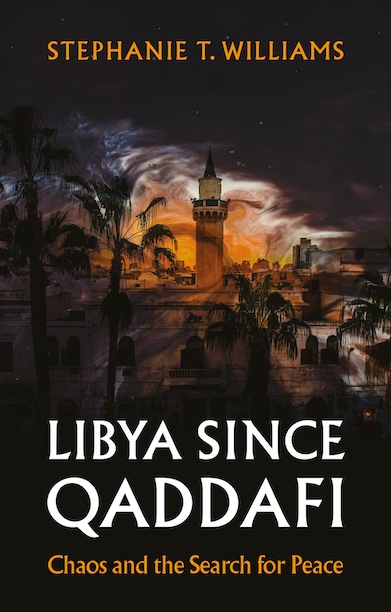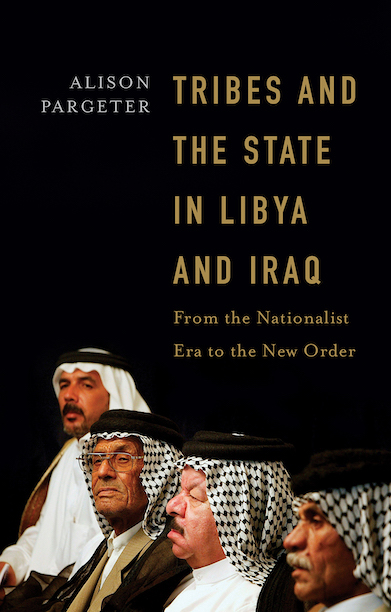Transitional Justice in the Middle East and North Africa
Part of the Georgetown University, Center for International and Regional Studies, School of Foreign Service in Qatar seriesThis groundbreaking volume explores how post-Arab Spring societies have experienced transitional justice — or not, as the case may be.
Description
Following the ‘Arab Spring’ uprisings in the Middle East and North Africa, many had high hopes not only for democratisation but also for transitional justice to address the myriad abuses that had taken place in the region, both during the uprisings and for decades prior to them. Protesters had called not only for removal of corrupt and abusive leaders, but also for the protection of human rights more generally, including socio-economic rights as well as civil and political rights. Despite these hopes, most of the transitions in the region have stalled, along with the possibility of transitional justice.
This volume is the first to look at this process and brings together leading experts in the fields of human rights and transitional justice, and in the history, politics and justice systems of countries such as Egypt, Tunisia, Libya, Algeria, Bahrain and Morocco. While these countries have diverse histories, political institutions, and experiences with accountability, most have experienced non-transition, stalled transition, or political manipulation of transitional justice measures, highlighting the limits of such mechanisms. These studies should inform reflection not only on the role of transitional justice in the region, but also on challenges to its operation more generally.
Reviews
‘This important new book brings together leading scholars on the Middle East and North Africa in the first volume to examine what transitional justice means following the Arab Spring. It offers a nuanced analysis of the ways in which pursuing accountability in the region is both similar to, and different from, previous experiences in other regions and will be of great interest to scholars of human rights and the region.’ — Ruti Teitel, Ernst C.Stiefel Professor of Comparative Law, New York Law School, author of Globalizing Transitional Justice
‘This important and innovative volume seeks to use experience from the Arab world to inform a route to transitional justice approaches relevant for the region despite its current turmoil, and that can aid a rethinking of assumptions about the role and scope of transitional justice globally.’ — Simon Robins, Centre for Applied Human Rights, University of York
Editor(s)
Chandra Lekha Sriram is Professor of International Law and International Relations, at the University of East London, where she is founder and Director of the Centre on Human Rights in Conflict. She is currently the chair of the International Studies Association Human Rights Section, and the co-chair of the London Transitional Justice Network.
